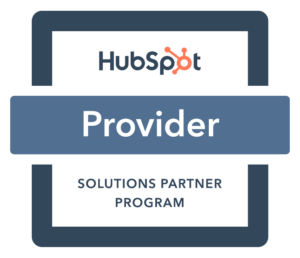I’ve been immersing myself in Steve Blanks The Startup Owner’s Manual as of late. I’m starting a new eHealth venture this fall and applying the learnings on the Customer Development process to my efforts.
Steve Blank points out that Startups are a different beast than full-fledged companies – which is why we need to look at them differently and perform different tasks. They don’t have an existing customer base and possibly need to even create a new market for their products. This is why he advocates that Startups need the Customer Development process rather than a tradition business plan, product requirements documents and market launch plan. Simply because without the factual knowledge that the Customer Development process brings, at startup time these traditional business processes are works of fiction.
Yet he also points out that the Startup is a phase. Eventually a company will and should grow out of that phase. Normally in 2-3 years. To remain in Startup mode is actually to invite atrophy. A company that has emerged to a point where they have a loyal customer base and a viable business model does need to adopt some traditional customer facing processes for sales, marketing, delivery and after-sales services. Otherwise, they risk losing that customer base. They can still keep some of the startup tools such as Agile Development and The Business Model Canvas.
I like the term emergent companies for this type of company. They are companies that have attained adoption of their product or service, potentially have obtained Series A funding, and have seen some traction for scaling the business model.
As founders, I believe we should care about this if we want to grow ourselves in parallel to growing our businesses.
The horror story that often happens at this point is that the founder has some conflict with the fledgling board or investors and is often disposed. This may be okay for the founder, if their unique skill set is to be entrepreneurial. After all that is how serial entrepreneurs are often formed – they get the company to a point where they can hand it over to an expert CEO or sell it and then they go off and start a new company.
Yet another future may be available to them. They could graduate to being a board member and investor in the company themselves. Or grow their individual CEO expertise and remain involved in the day-to-day running of the business.
In some ways it reminds me of one of my early managers, who advised me to make sure that when I have 8 years of experience to make sure that I don’t have 2 years 4 times over. It’s something that I took to heart, and though I’ve remained in the technology field, I’ve progressed through a variety of roles in development, technical architecture, and project and program management. Shedding the previous ones like snake-skins, often accompanied with growing pains. It’s not only sage advice for a recent graduate, but excellent advice for anyone who appreciates life-long learning and a need to seek out new experiences.
So what are some of the skills that founders need to focus on to help them transition. A lot of them are interpersonal soft skills like negotiation, delegation, and communication. I believe founders already have a lot of skills such as being able to handle risk, doubt and uncertainty. They need to learn how to transfer these skills from trusting in their business ideas to trusting the people they have surrounded themselves with are capable. I believe they also need to learn about developing people. It’s growing high performance teams – as well as enabling, empowering and inspiring the individuals in your teams.
